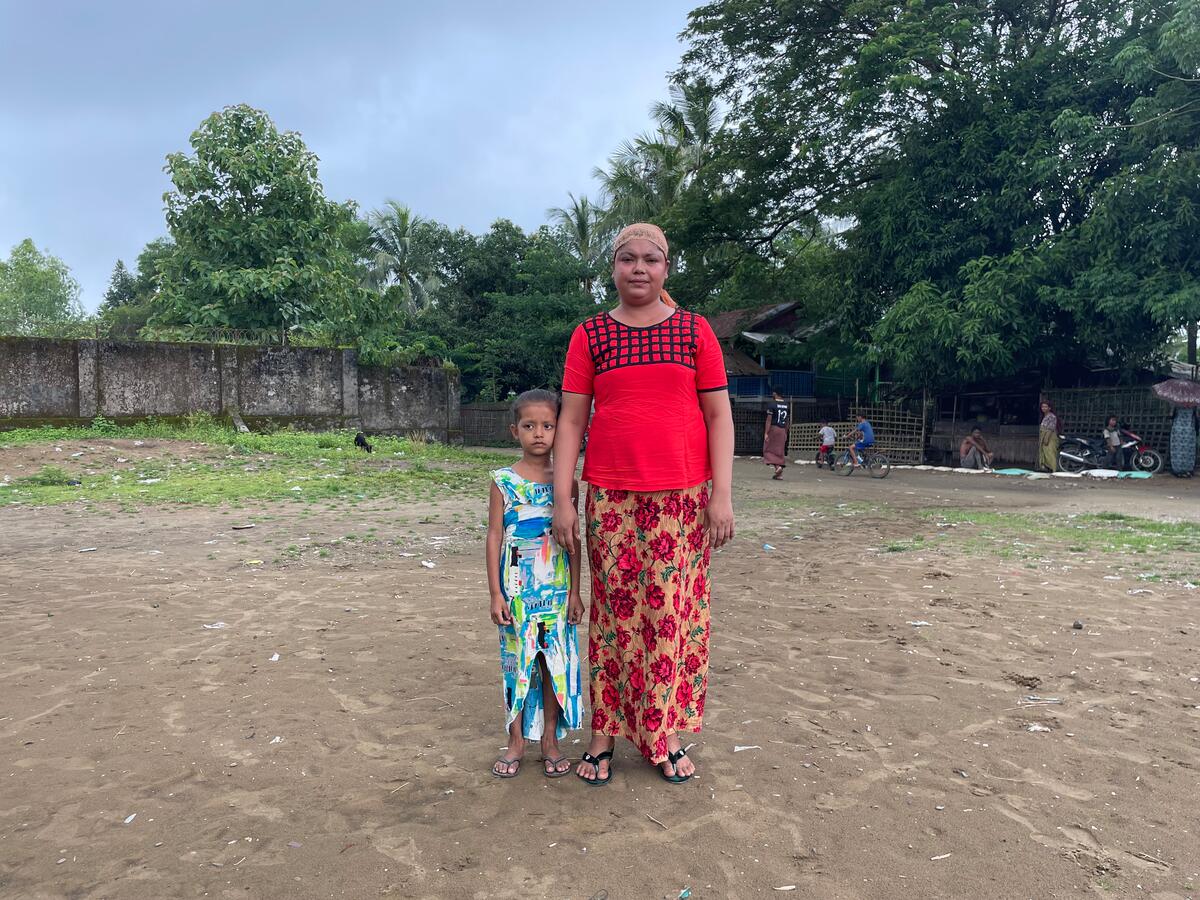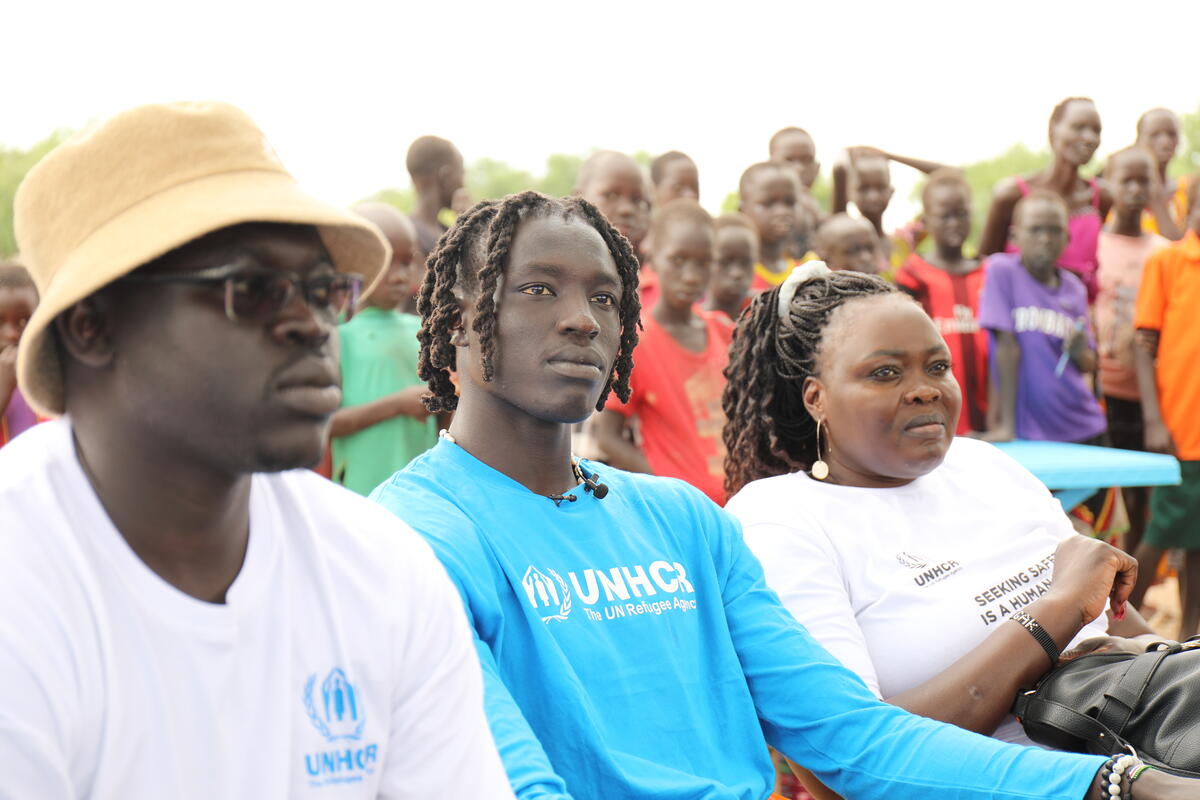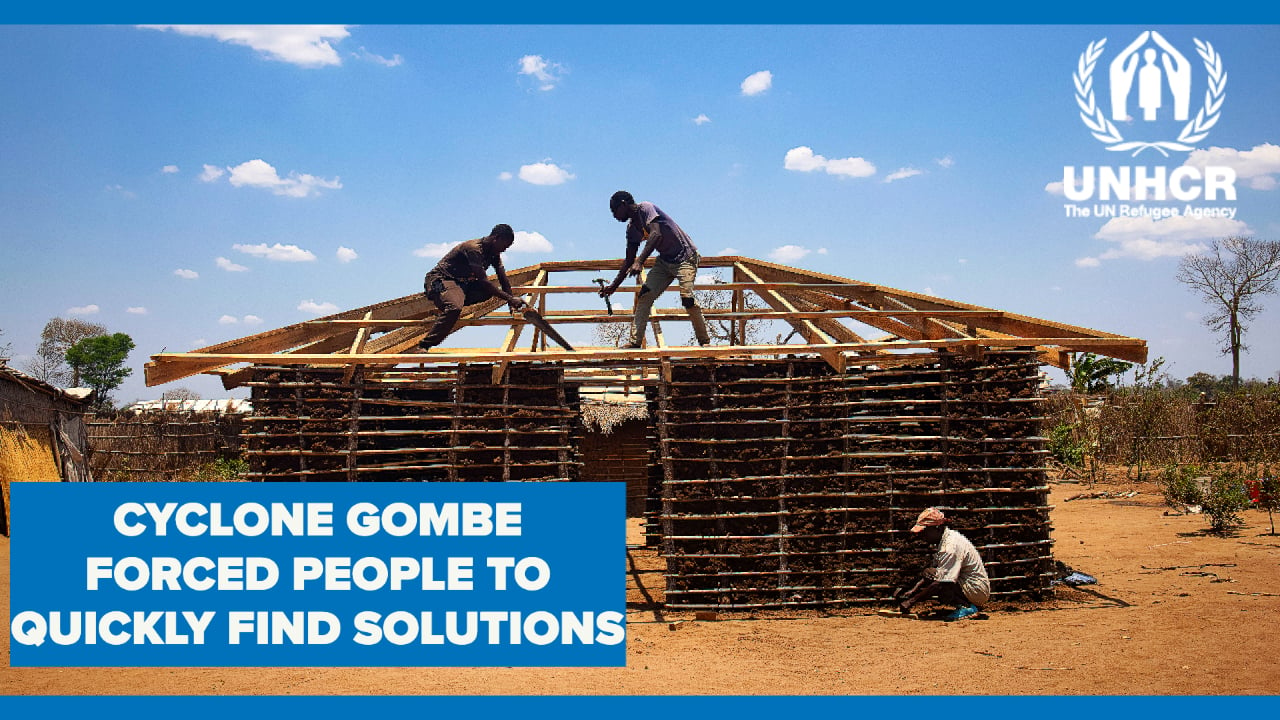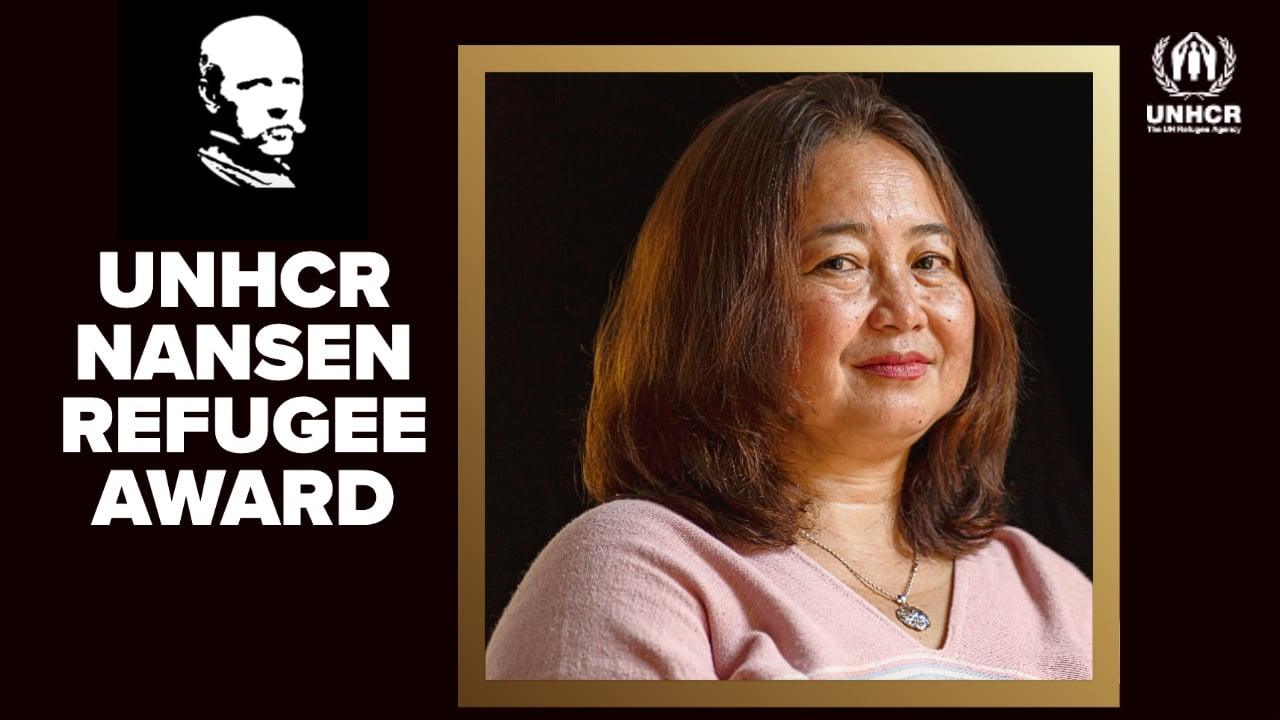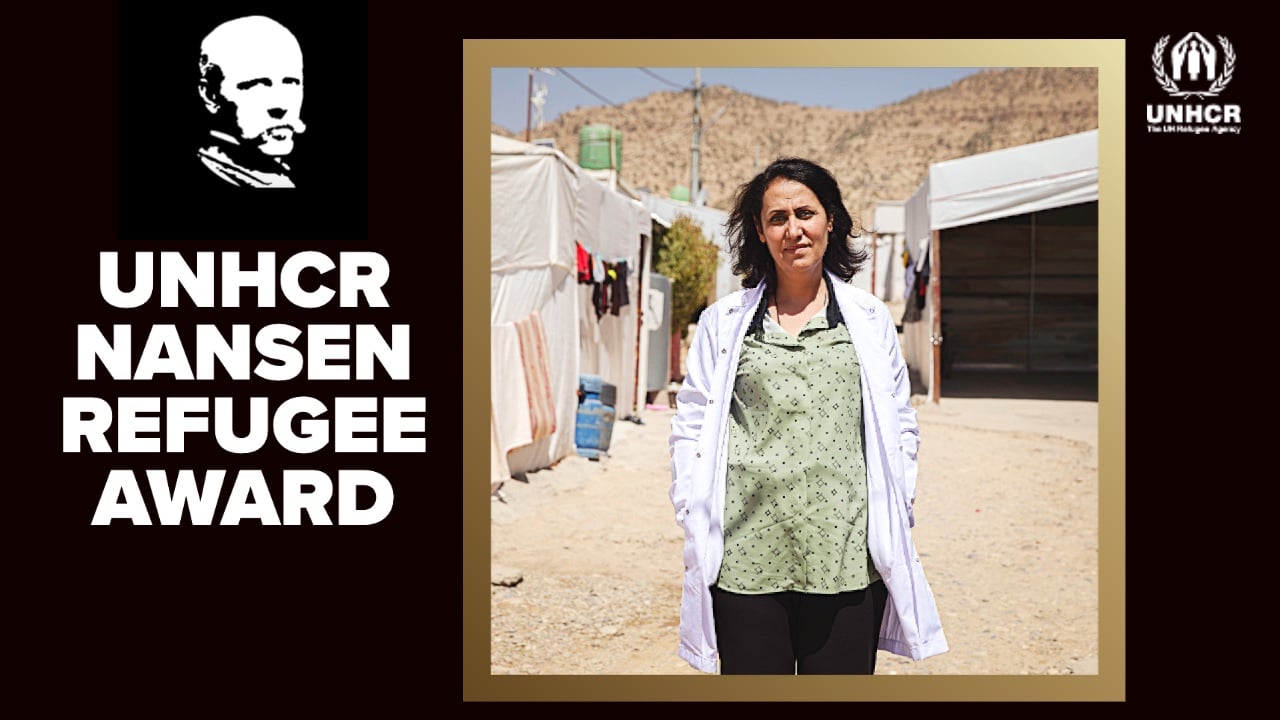One year after the fall of Bangui, more than 852,000 Central Africans still displaced
One year after the fall of Bangui, more than 852,000 Central Africans still displaced
Today, one year after the anti-Balaka militia overran Bangui, the capital of the Central African Republic, more than 852,000 people, or nearly one-fifth of the country's population of 4.5 million, remain displaced. On 5 December last year, Bangui and the town of Bossangoa, until then in the hands of the rebel Seleka movement, fell to the anti-Balaka self-defence groups, further escalating the violence and the displacement crisis. Insecurity quickly degenerated into chaos, displacing close to one million people inside the country and across its borders. Within a week the entire UN system was on maximum alert to respond to this rapidly deteriorating humanitarian crisis.
The security situation in the Central African Republic remains volatile, with sporadic incidents of violence as witnessed in October, when clashes broke out between militias and international forces. More than 187,000 refugees have fled to neighbouring countries in the last year, bringing the total number of Central African refugees in the region to over 423,000. Some 430,000 people remain internally displaced, half a million less than at the end of December 2013.
At the beginning of the emergency, some 3,000 to 5,000 refugees per week were arriving in Cameroon, already hosting a sizable number of Central African refugees. Most of the new arrivals were in desperate conditions, showing physical evidence of the extreme violence they had suffered. Many were severely malnourished following weeks of walking through forests with little to eat. One year on, the relocation of the refugees to safer sites and the provision of life saving services such as a water and sanitation, shelter and health care remain key priorities.
Thousands of Central African refugees also fled to Chad, together with over 100,000 Chadian citizens, including second and third generation descendants of Chadian immigrants in the Central African Republic, mostly without identity papers. This crisis highlighted the risk of statelessness for those who have lost all links to their country of origin, without having acquired the nationality of their adopted country. UNHCR is working with the Chadian authorities and other partners to ensure that these people receive identity documents. Nearly 70,000 CAR refugees have fled to the Democratic Republic of the Congo and over 20,000 to the Republic of the Congo.
The CAR situation remains one of the world's largest humanitarian crises, yet it is at risk of becoming overshadowed by other pressing crises if more support is not provided. UNHCR and its partners presented a Regional Refugee Response Plan in 2014 that includes financial requirements of US$ 209 million for UNHCR and 15 partners. To date, the overall needs are only funded at 51%.
UNHCR urges on donors and the international community to provide continued support and hope to the beleaguered citizens of the Central African Republic; for those inside the country and to those who have fled into neighbouring countries.
For more information on this topic, please contact:
- In Kinshasa, Celine Schmitt on mobile +243 81 700 94 84
- In Yaoundé, Djerassem Mbaiorem on mobile +237 70401841
- In N'djamena, Massoumeh Farman-Farmaian on mobile +235 68 000 530
- In Geneva, Karin de Gruijl on mobile +41 79 255 92 13



